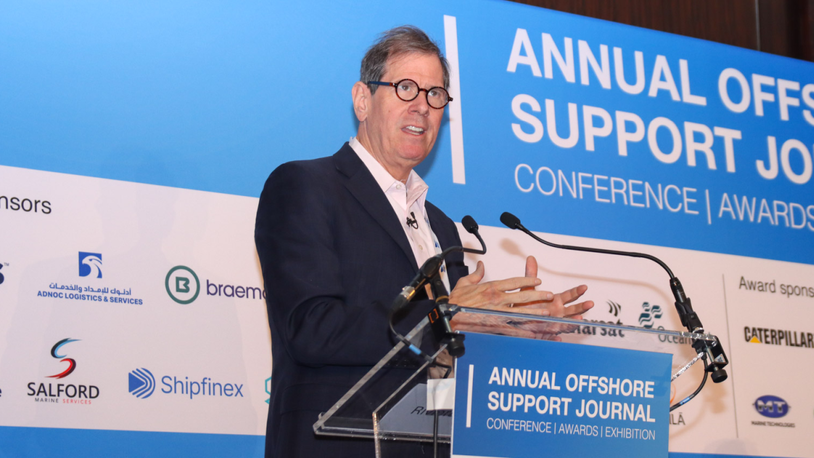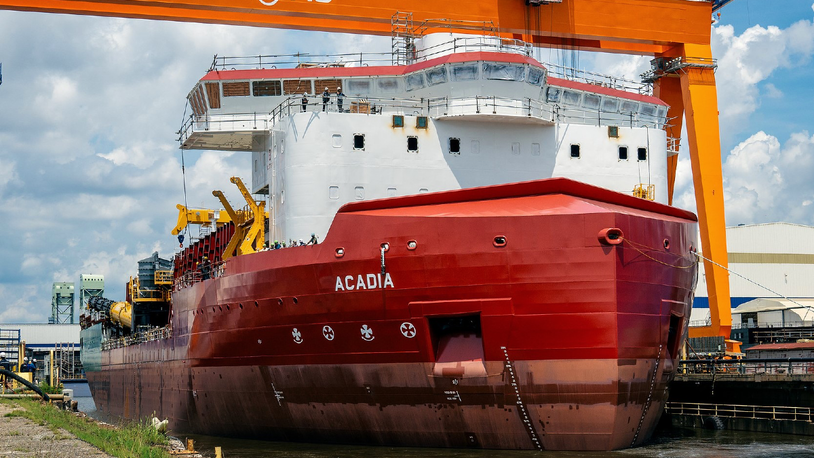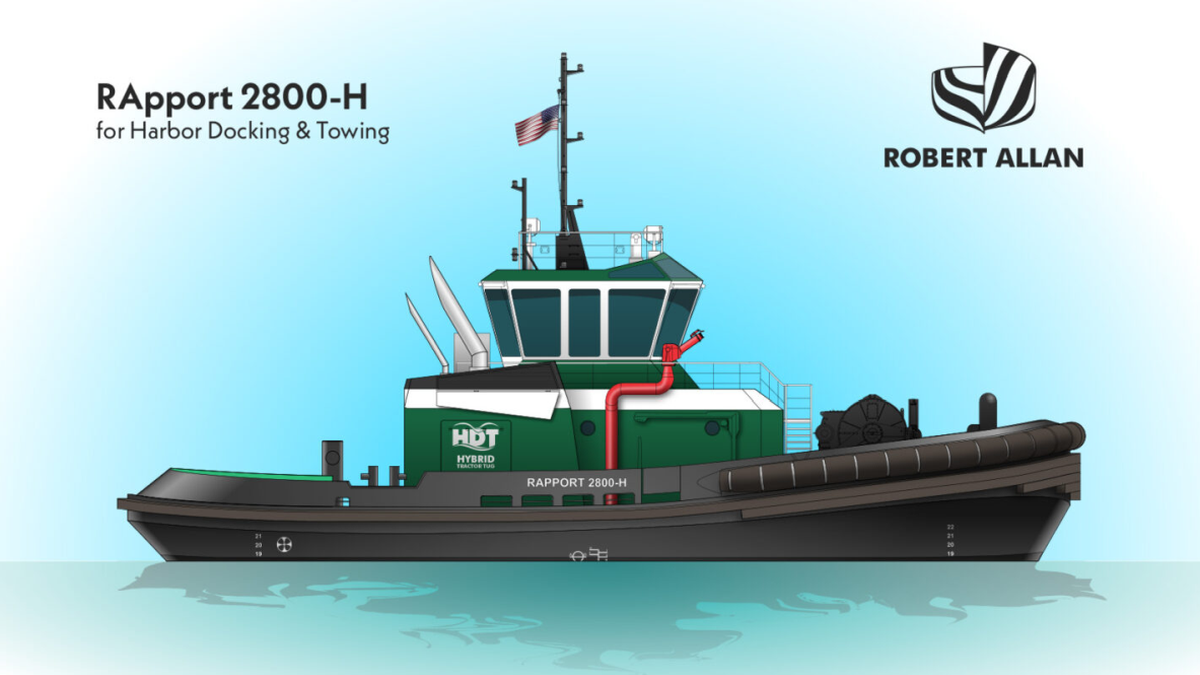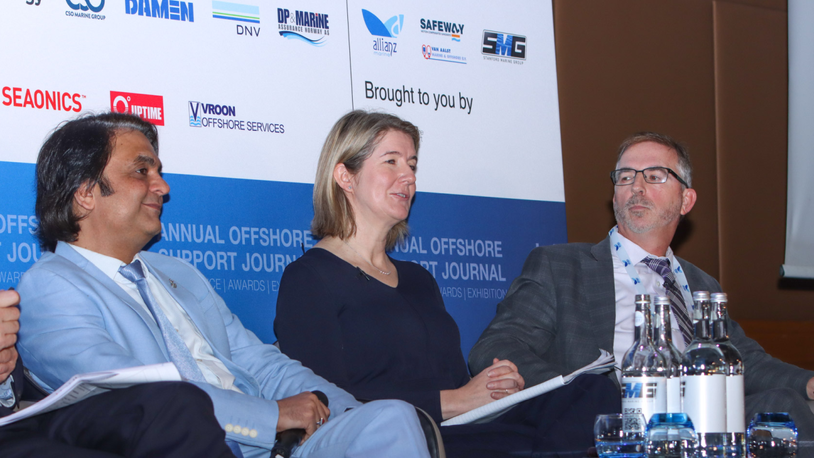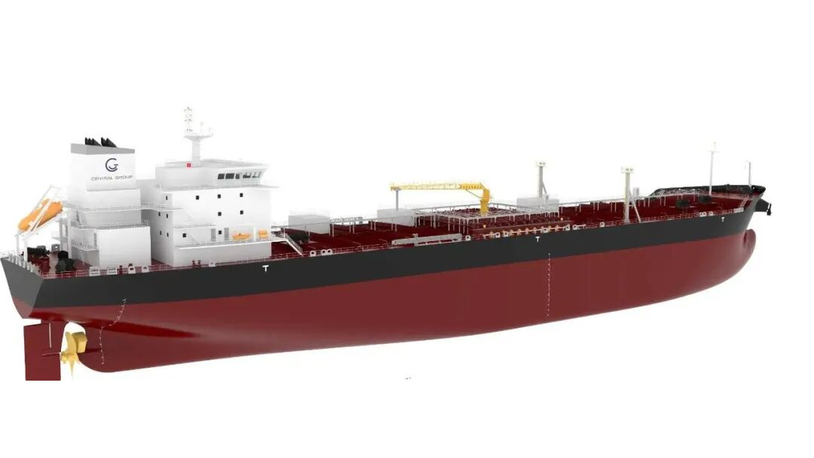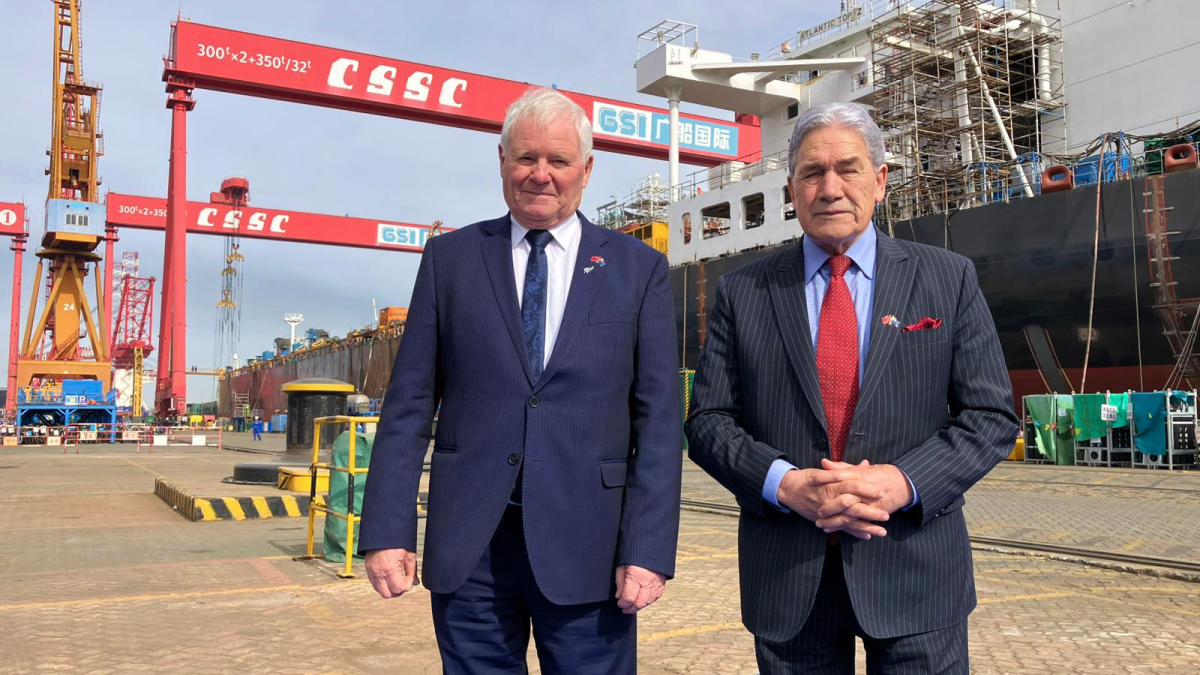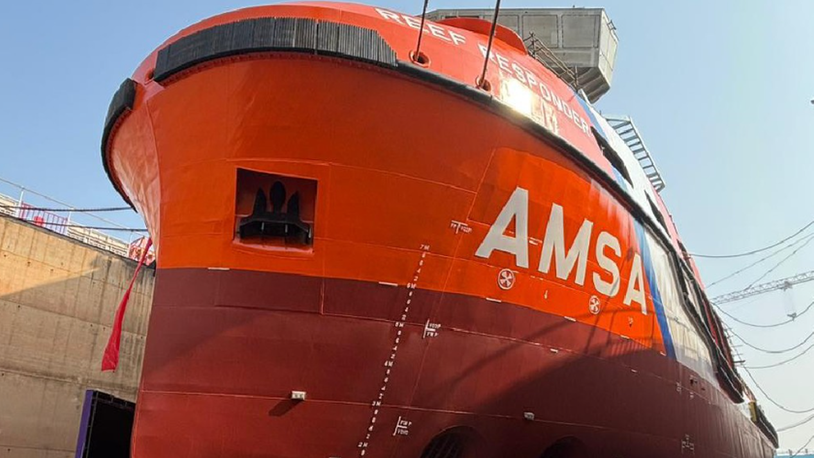Business Sectors
Events
Floating energy: successfully unlocking stranded gas using FLNGs and FSRUs
Contents
Register to read more articles.

Carbon intensity declines highlight regulations' impact
Carbon intensity reductions accelerated in 2023, reflecting regulatory measures and evolving shipping patterns, according to IMO’s latest fleet efficiency report
International Maritime Organization (IMO) has reported notably reduced carbon intensity across the global shipping fleet, as detailed in its Report on annual carbon intensity and efficiency of the fleet (Reporting year: 2023) (MEPC 83/6).
The document reports on demand-based and supply-based carbon intensity for 2023, in accordance with the 2022 guidelines for the development and management of the IMO ship fuel oil consumption database (resolution MEPC.349(78)), using the mathematical modelling process described in document MEPC 81/6/1.
Data from IMO’s report indicates supply-based carbon intensity, measured through metrics such as Annual Efficiency Ratio (AER) and cgDIST, decreased by 9.9% in 2023 compared with 2019.
Demand-based carbon intensity, using metrics like the Estimated Energy Efficiency Operational Indicator (EEOI), also fell by 4.8% during the same period. The document attributes these improvements to a combination of regulatory compliance and shifts in global shipping routes.
“The carbon intensity of shipping has shown a greater decrease in 2023 compared with the period from 2019 to 2022, using both AER and cgDIST and Estimated EEOI as indicators,” the report states.
It also notes geopolitical events have played a role, driving longer voyages that impacted efficiency metrics.
Larger vessels, particularly bulk carriers and tankers, were among the most efficient, while mid-range container ships (5,000–14,499 TEU) displayed the most marked improvements within their sector.
"Bulk carriers and oil tankers see the greatest improvement in median AER for the larger sizes over the time period," the report explains, adding mid-range container ships showed the "greatest improvement in 2023 when compared with 2019."
The report acknowledges challenges in deriving accurate demand-based carbon intensity data due to limited cargo-related reporting.
"The uncertainty in AIS-based cargo estimation has been highlighted," it states, referencing inconsistencies in ship draught data and ballast water volumes as factors affecting the precision of calculations.
With these findings, IMO is able to underscore the importance of continued monitoring and refinement of carbon intensity metrics.
The Maritime Regulations Webinar Week starts 16 December 2024. Register for free here.
Related to this Story
Events
Maritime Regulations Webinar Week
Floating energy: successfully unlocking stranded gas using FLNGs and FSRUs
© 2024 Riviera Maritime Media Ltd.



